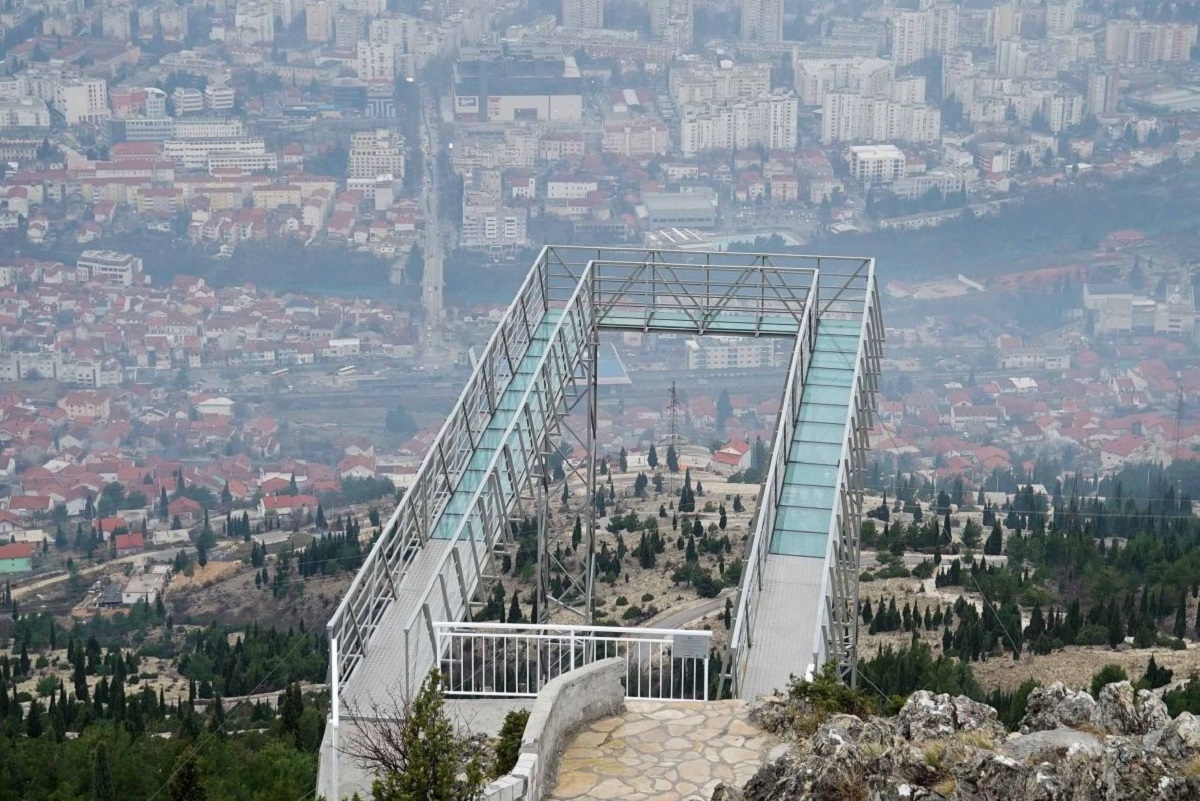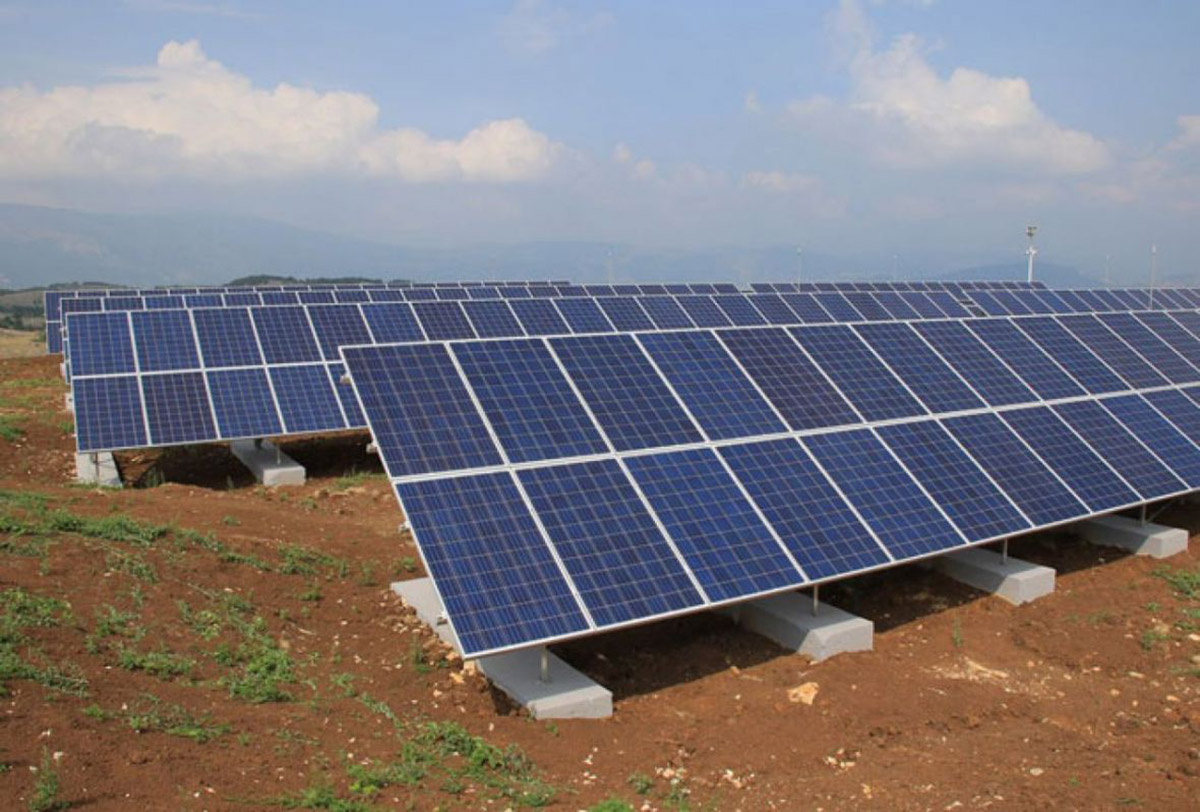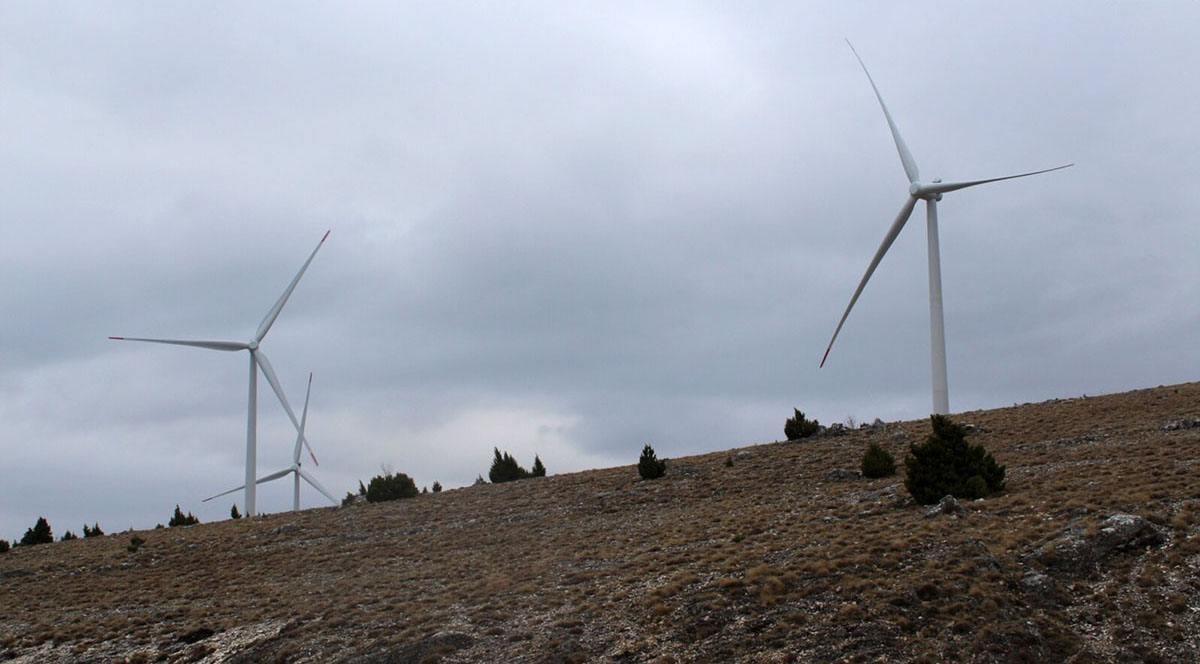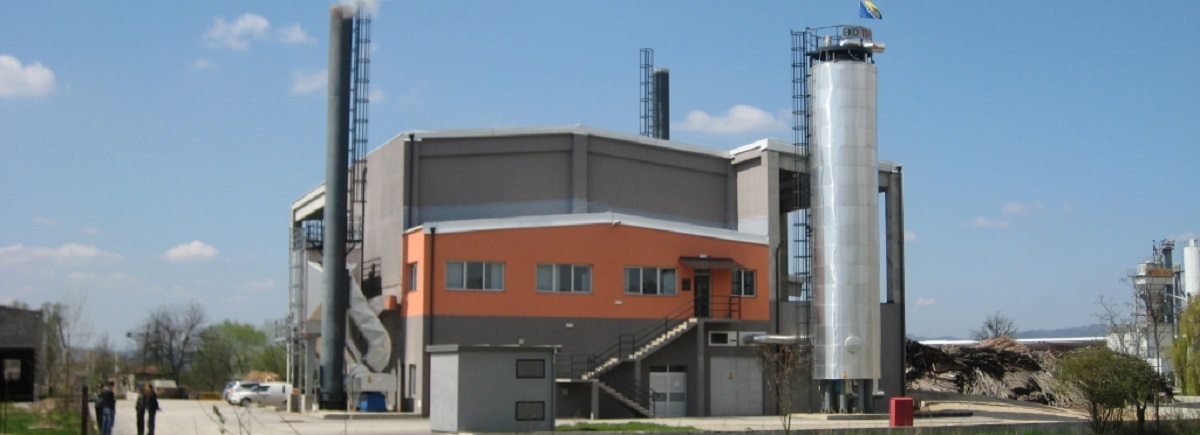Submitted by Emina Čamdžić
Energy Independence
Bosnia and Herzegovina Architecture News - Mar 31, 2022 - 22:21 2367 views

Energy addiction and energy independence meaning non addictive or in-addiction. Smart city means using alternative energy resources such as solar energy, wind energy and geothermal energy. Smart city uses significant aspects of energy efficiency, standards of quality constructed buildings according to technical regulations for building design, area of sustainable recovery and development with reduction of climate change, consciousness about plastic production, forests, water and energy efficiency, photovoltaic cells and solar collectors such as examples written in the article on the link and another link to published articles.
Energy in-addiction affects architecture, energy efficiency of buildings and resources for electricity production show that there is a rise of electricity bills and need for energy efficient building design and energy independence. Current rise of electricity bills and emission of CO2 is still without taxes, to read more on this theme here is the link for similar articles. The CO2 taxes are an unique economic tool for alternative energy resources and to reduce energy addiction. There is an energy crisis in Europe therefore different climate policies should be harmonized especially due to the latest 6th Assessment Report on impact assessment after the recent "COP 26 Conference" on climate change in Glasgow.

Image of new installed solar collectors in Bileca town. Image by Damir Misura via Radio Sarajevo
Solar collectors in Bileca town are a new constructed area of a solar park and are a project with new solar energy usage for electricity production and heating with a high investment.
The World Energy Efficiency Day is marked in March, while the World Forest Day also marks on 21st March and the 22nd March is the World Water Day.
Forests are known as a large producer of oxygen for the normal functioning of atmospheric functions and improving the health of every human being. Reforestation: the path to recovery and well - being is the theme that shows further development of forest areas, forest regeneration and sustainable management in terms of resolving the climate change crisis and the crisis of reduced biodiversity. Forest landscape must use monitoring and management, policy and governance to resolve sustainability issues.
Numerous damages to forest areas are caused by climate change although there is no exact data on how much needs to be restored and how many percentage or hectares of forest land is affected by climate change or is partially determined by cities or local communities and regions.
According to the data about 83% of forests in FBiH is owned by the country and 17% is privately owned and according to the data of Ministry of foreign trade and economic relations 80% of forests in Bosnia and Herzegovina is state property and 20% is privately owned. Although it's questionable what percentage of forest land is intended exclusively for the wood industry and what part of forest land can be regenerated further reforestation while it is not mentioned what is the percentage of forest land included in the strategy for sustainable development.
March 22nd marks World Water Day when a change of consciousness is needed in order to reduce the level of pollution. How important water and water resources are and the need to recognize underground waters is this years World Water Day theme and to read find on the link. The need for drinkable water and water purification is utmost important.

Image of a new wind park near Mostar town. Image by Mirsad Behram via Slobodna Evropa
Construction of buildings near rivers, lakes and the sea coast with strong winds and tides have been affected by climate change on these areas. Such strong winds should be used for wind parks such as the wind energy parks near the town of Mostar on the image. Wind parks and wind farms produce electricity without real environmental pollution although the cost of construction is much higher and the investment is a starting issue.
Positive examples of investment in water, rivers and water energy are diverse:
- Biodiversity of river flows, flora and fauna.
- Irrigation of agricultural land.
- Touristic potential.
- Mental rest and leisure.
- Sailing, eco - tourism and river tourism.
- Fish, algae, river and seafood.
 Image of facility for eco energy production using wood waste for heating. Image via Eko Toplane
Image of facility for eco energy production using wood waste for heating. Image via Eko Toplane
Image shows eco energy production building that produces environmentally friendly heating with using wood waste for heating of buildings and represents a positive example and an environmentally friendly way of heating such as in Gracanica town.
The floods that hit Bosnia and Herzegovina in the year 2014 have caused enormous damage. Inhabited and unhabited places have been affected by floods near unregulated rivers. River bed regulation and adequate construction and building design according to architectural standards and architectural design regulations will contribute to the reduction of negative impacts of climate change on the environment and on buildings that are near river coasts.
Top image is Skywalk viewpoint and walking trail on the hills of the town of Mostar with cleaner air. Image by FENA via Radio Sarajevo .
